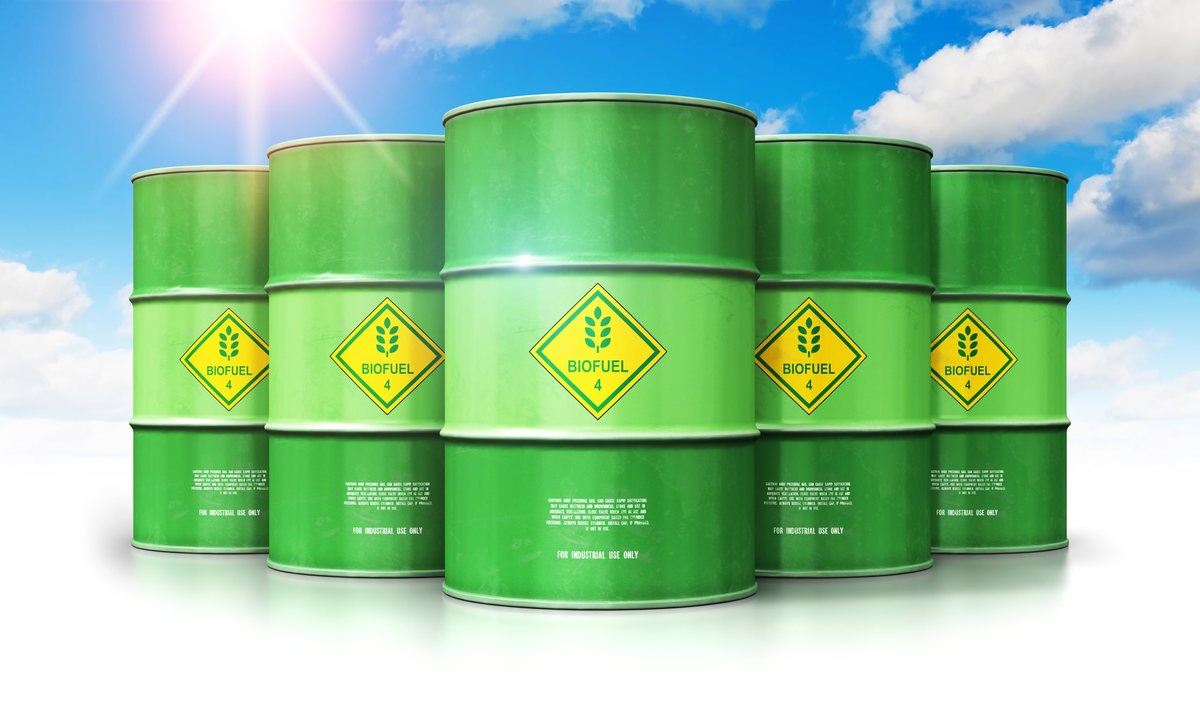The Week in Alt Fuels: Green gains or growing pains
As of today, biofuel is the best fossil fuel alternative for reducing shipping GHG emissions. And that’s where the challenges begin...
 PHOTO: Getty Images
PHOTO: Getty Images
Currently, biofuels have positioned themselves as the most viable alternative fuel in the shipping industry. They offer a drop-in replacement for conventional fuels without requiring engine modifications and are more widely available than other lower-emission alternatives, such as liquefied bio-methane (LBM) and bio-methanol.
Factoring in compliance costs under EU regulations like the EU ETS and FuelEU for voyages between two EU ports, biofuels currently provide an added financial incentive for bunker buyers in European ports. For example, using B100 instead of VLSFO offers a theoretical $600/mt pooling benefit under FuelEU.
Since B100 is classified as zero-carbon under the EU ETS, the combined impact of compliance savings and the pooling benefit lowers its real bunkering cost to $691/mt, even making it cheaper than HSFO at $717/mt in Rotterdam.
These prices are both VLSFO-equivalent, meaning that the fuel grades' energy contents have been adjusted to be the same per metric tonne. They also have estimated FuelEU and EU ETS costs and benefits added, and the B100 prices include Dutch HBE rebates.
The IMO has also taken steps to support biofuel adoption. The regulator recently finalised a draft allowing biofuel bunker tankers to carry up to B30 (30% bio-blends). This move was welcomed by the International Bunker Industry Association (IBIA) as a positive development, particularly for Asian ports like Singapore.
However, as biofuel adoption scales up, red flags surrounding fuel quality and feedstock authenticity threaten to overwhelm its benefits. GCMD’s Lynn Loo recently underscored the industry's anxiety around supply chain integrity, noting cases of fraudulent substitution of used cooking oil (UCO) with virgin oils such as palm oil.
As a result, buyers cannot be certain they will receive “the exact biofuel they paid for,” Loo told ENGINE. And such concerns have only intensified, as seen in the past week.
A coalition of shipping firms like Höegh Autoliners and Hapag-Lloyd and environmental non-profits like Transport & Environment (T&E), called on the IMO to ban crop-based biofuels like palm oil from compliance with the IMO's MARPOL Annex VI, and exclude them from economic incentives in its planned mid-term measures. Their joint letter cited deforestation, food insecurity and resource depletion as key risks associated with these fuels.
Faced with prospects of future biofuel bunker demand surpassing supply, shipowners and bunker suppliers are exploring various bio feedstocks. Cashew nut shell liquid (CNSL) is classified by the EU as sustainable and it has been a tempting feedstock to go for because it can readily be sourced at attractive prices. But this week, marine insurer Skuld raised operational safety concerns about CNSL-based biofuel blends. These fuels have been linked to fuel pump corrosion and deterioration of engine components due to high levels of acid, potassium and iodine compounds found in the fuel, Skuld warned.
EU regulatory incentives and Dutch biofuel rebates are giving some biofuels a price edge in the Netherlands. And with the IMO planning global mid-term measures in place from 2027 – which could include a fuel standard and pricing mechanism – these benefits could potentially extend to other countries as well. This means that biofuel demand is shaping up to grow in the years to come.
But first, stricter enforcement measures will be needed to increase buyer confidence and prevent quality issues.
Standardised verification protocols, quality checks and advanced fuel testing methods can help verify both feedstock authenticity and fuel quality. This will, in turn, ensure that the bunkered biofuels deliver real environmental benefits without unintended consequences.
In a joint letter, Höegh, Hapag-Lloyd and T&E warned, "Unless legally binding safeguards are introduced, there is a risk that a large amount of fossil fuels will be replaced with unsustainable biofuels."
In other news this week, the IMO’s sub-committee on Human Element, Training and Watchkeeping (HTW) has agreed to draft generic interim guidelines for training seafarers working on alternative-fuelled ships. The guidelines will be applicable for training seafarers working on ships powered by methanol, ethanol, ammonia, LPG and hydrogen.
Dutch wind power company Econowind secured €1 million ($1.04 million) in funding to test its 24-30-metre-high steel wind sail technology for ocean-going vessels. The technology is inspired by airplane wings. The first two prototypes are expected to be fully developed and tested by 2027.
By Konica Bhatt
Please get in touch with comments or additional info to news@engine.online






